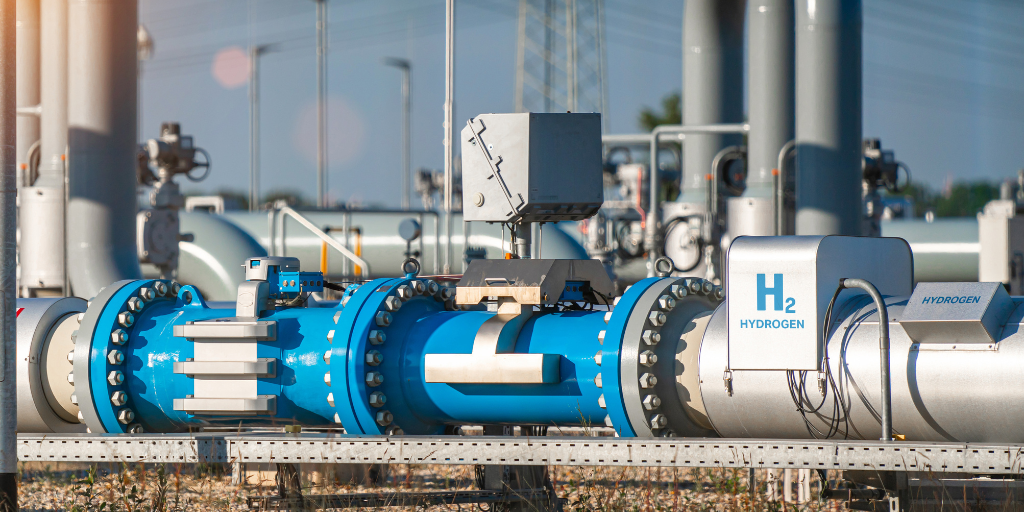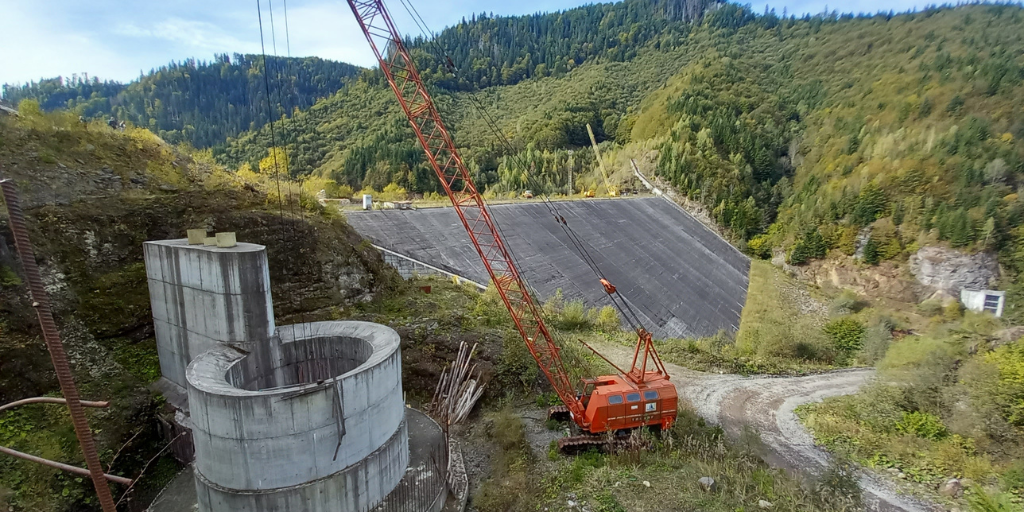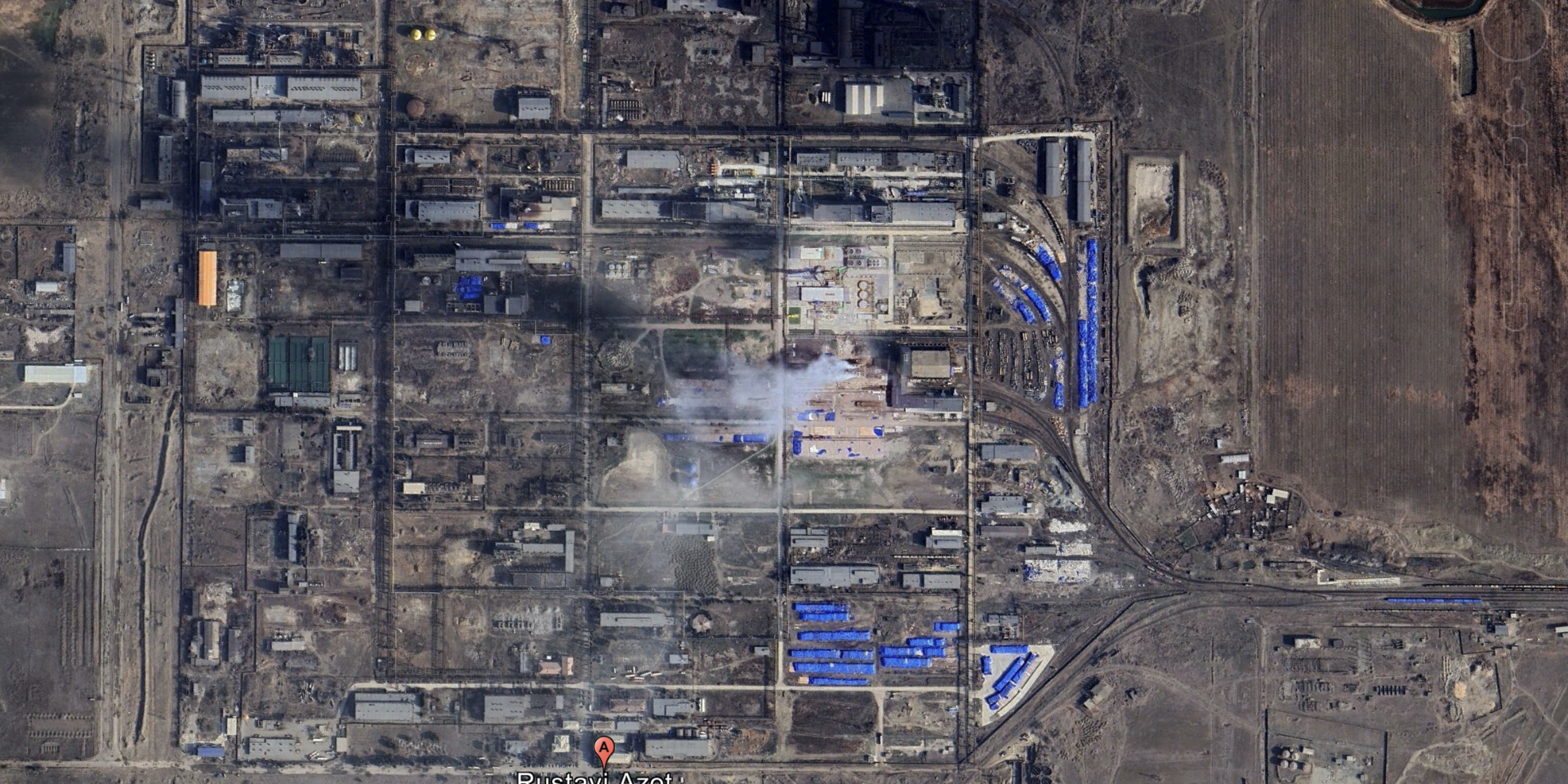As the European Commission puts the final touches on a list of priority energy projects brimming with hydrogen infrastructure, both civil society and EU agencies are warning that a hydrogen expansion risks undermining the energy transition.
Romania stands at a dangerous crossroads. Last week, a law initiated by the senator Daniel Zamfir in 2022 and already then rejected by the Senate, passed by a crushing majority (262–33) in the decisive Deputies Chamber.
At the 15th meeting of the Bern Convention’s Group of Experts on Protected Areas and Ecological Networks – held from 7 to 8 October 2025 in Bar, Montenegro – participants reviewed progress towards establishing the Emerald Network of protected areas. As part of the programme, the group visited Lake Skadar, one of Montenegro’s key Emerald sites, acknowledging the government’s efforts to safeguard this unique ecosystem.
The European Bank for Reconstruction and Development (EBRD) continues to back one of its most controversial clients in one of Europe’s most troubled democracies. Human rights, labour laws, and the environment are all at stake.
Can Ukraine reconcile environmental priorities with economic interests?
September 24, 2025 | Read more
The Ukrainian government has updated indicators in the Ukraine Plan under the 2024–2027 Ukraine Facility. Though largely technical, the changes still need EU approval.But the key question remains: Will the government deliver on the environmental reforms essential to Ukraine’s European future?
As the European Union begins shaping its post-2027 budget – the next multiannual financial framework – the challenges ahead are significant. From accelerating climate change to geopolitical tensions and conflicts, the EU needs a budget that is both responsive and forward-looking. Yet, despite the far-reaching impact these decisions will have on millions of Europeans, the process by which they are made still falls short of being truly democratic.






